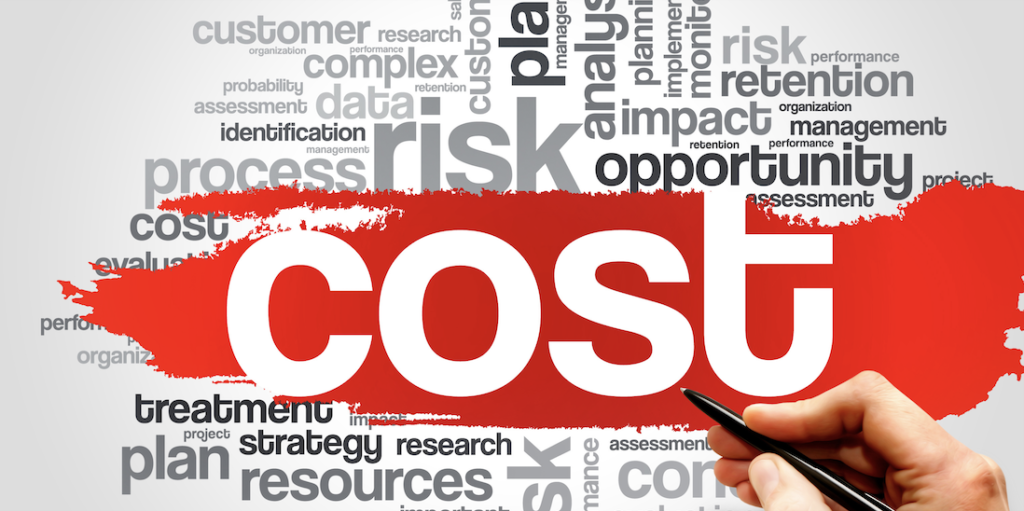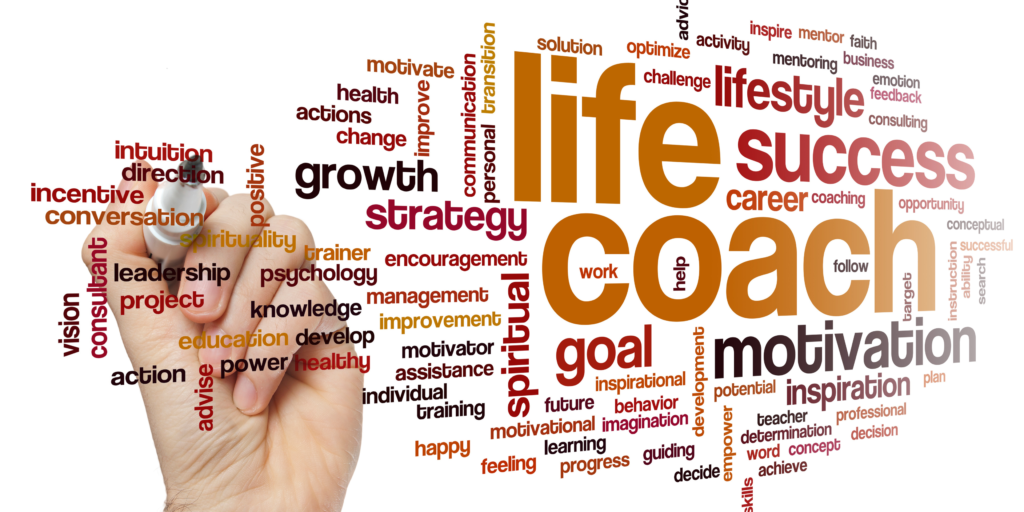I don’t believe in shortcuts to success, but what I do believe in is knowing which skills and mindsets have the greatest return on our time investment. After spending 18 years investing in my own growth and helping others for 14 years, I have seen that emotional intelligence (EQ) is the place everyone should start if they want to take explosive steps towards change.
No matter how high your EQ is now, it can always get higher! And if you are serious about achieving your goals, this should be nonnegotiable. Research shows that our level of EQ will determine more of our personal, relational, financial and professional success than anything else. In fact, up to 80% of our success can be attributed to emotional intelligence. It doesn’t just help you solve the problem at hand, but helps you learn how to solve many problems before they start.
A UC Berkeley study found that EQ was 400% more likely to predict success than high IQ. According to Harvard Business School, 71% of employers believe hiring someone with high EQ is better than hiring a candidate with more technical skills. A whopping 90% of top performers have high emotional intelligence. So, if you are aiming to be a top performer in life, relationships, or work, EQ is not something that can be neglected.
What is even more shocking than these statistics, is that according to one study, the majority of people think they have high emotional intelligence, but only 15% actually do.
If you want to have a better life in any area, but can’t define what Emotional Intelligence includes, or what you are currently doing to improve it, you are setting yourself up to live and perform below your potential every…single…day.
So, what exactly is EQ? There are many detailed involved, but at the core, it is the ability to recognize and manage your emotions as well as detect and respond to the emotions of others in healthy ways that help you reach individual and group goals.
You might think, “I am not really emotional, my emotions rarely get the better of me.” That’s great! But we are not just talking about hot tempers or crying fits. Those are the most extreme displays of emotions.
Here are some examples of emotions that hold people back on a regular basis: have you ever resisted writing an email you needed to write? It’s an EQ issue. Unable to have the confidence you wish you had during a presentation or in a discussion? Also an EQ issue. Not sure when it’s the best time to start a hard conversation? Overeating because of stress? Stirring up arguments? Experiencing a lot of miscommunication with others? Employees angrily quitting and you don’t know why? Lacking determination or motivation? Often feeling like a failure, discouraged, or mad at yourself? Feeling burnt out? Wishing life were different? Unable to have the kinds of relationships you want? All of these problems may seem completely different, but at the core, they all involve our emotions and can be solved through building EQ skills.
Emotional intelligence training gives you the skills to work confidently with your emotions, and harness them to create better results. It helps you feel capable even when you have uncomfortable emotions like stress, pressure, anger, or discouragement. It helps you create emotions like determination, confidence and empowerment. This can absolutely catapult you towards your goals.
Emotional intelligence is one of the easiest paths to help you reach your goals quickly, and working with a qualified, high quality coach is the fastest way to increase emotional intelligence! No one wants to feel like they are wasting their time and money on a coach who can’t help them get results.
The great news is that unlike your IQ, you can actually learn to have higher EQ! The only question is; what will it cost you in lost time and potential to try to master it on your own? What would you have to lose to gain all the education and skills that can be taught to you through an expert in a fraction of the time? Whatever your answer, I would urge you to get started sooner rather than later!
If you want to find out more about how I can help you with this goal, schedule a strategy session today and we will get you moving forward ASAP!






